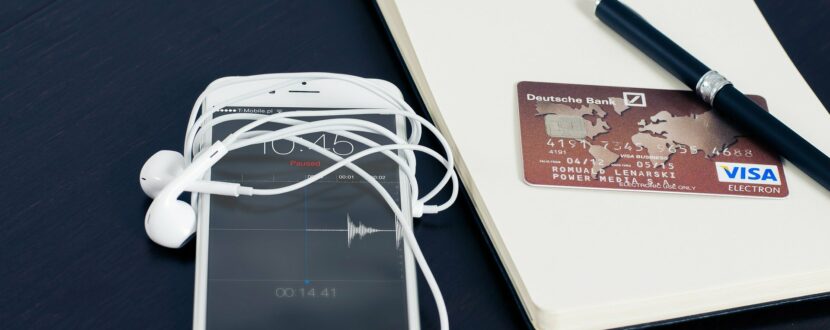Cash usage is on the decline. In fact, data from Worldpay suggests that cash is projected to become the least popular major payment method globally within four years. Around 2 billion mobile wallet transactions occurred in the US during 2020, marking a 51% increase over the year before.
Apple Pay now accounts for 5% of all global credit card purchases, filling the gap left by cashless consumers. The UK tells a similar story, with 32% of all online purchases being made through mobile wallets.
We’ve already discussed the advantages of Apple Pay in a previous post. Now, however, we’ll look at the potential impact Apple Pay will have on chargebacks.
How does Apple Pay Affect the Major Payments Players?
Apple Pay boasts more convenience and security for cardholders than traditional cards. The role of issuers and acquirers remain the same as when processing card account numbers. Issuers own the accountholder relationship, and have the authority and responsibility to manage risk and decide which payment solution to participate in.
Acquirers are responsible for authorization, clearing, settlement, and exception processing. They’re also responsible for supporting additional data included in tokenized transactions.
Finally, for merchants, Apple Pay processes and transacts payments the same way as traditional primary account numbers (PANs). This means there won’t typically be any required changes to the underlying payment infrastructure that merchants support.
Can Apple Pay Prevent Chargebacks?
Apple Pay looks good on paper, but can it do anything to protect merchants from chargebacks? In short: yes.
Chargebacks which result from an Apple Pay transaction and are filed under merchant error or friendly fraud are resolved the same way as other transaction methods. However, when it comes to chargebacks that fall under the true fraud category, if the transaction was authenticated by Apple Pay, a cardholder might have a difficult time convincing the bank that a fraudulent purchase occurred. This is because an Apple Pay transaction is considered inherently more secure than other payment types due to the use of biometric authentication.
This is why it’s so important for banks to craft an approach and policy around potential fraudulent Apple Pay chargebacks. There needs to be a comprehensive challenge process when banks are faced with cardholder disputes.
Can the merchant supply proof that they did not authorize the transaction, but that it took place using Apple Pay with biometric authentication? If so, they might have solid reason to contest any potential chargebacks.
There is currently no guidance for merchants when it comes to fraud-related chargebacks on Apple Pay transactions. According to Visa, though, there are two instances where token fraud can occur:
- Provisioning Fraud: Fraudulent use of card data and personally identifiable information (PII) to circumvent the issuer’s authentication process and enable provisioning of the payment card onto a mobile device / digital wallet that is then used for fraudulent purchases.
- Compromised User Credentials: Fraudulent use of the cardholder’s digital wallet via stolen user credentials (i.e. mobile passcode and wallet login information).
The Consensus: A Major Step Forward
Apple Pay’s authentication protocols do play a role in helping prevent chargebacks. Due to Cardholders being required to add their cards to Apple Pay and authenticate every transaction using either FaceID or TouchID, the likelihood of fraud decreases significantly. The two-factor verification used by Apple Pay and similar apps helps prevent criminal fraud, and also helps eliminate friendly fraud tied to fraud reason codes as well.
It remains up to banks to ensure that regulations are standardized across the board and that a process is in place to address chargebacks from all sources. In the meantime, though, mobile wallet apps like Apple Pay are major steps forward to help reduce chargebacks.



